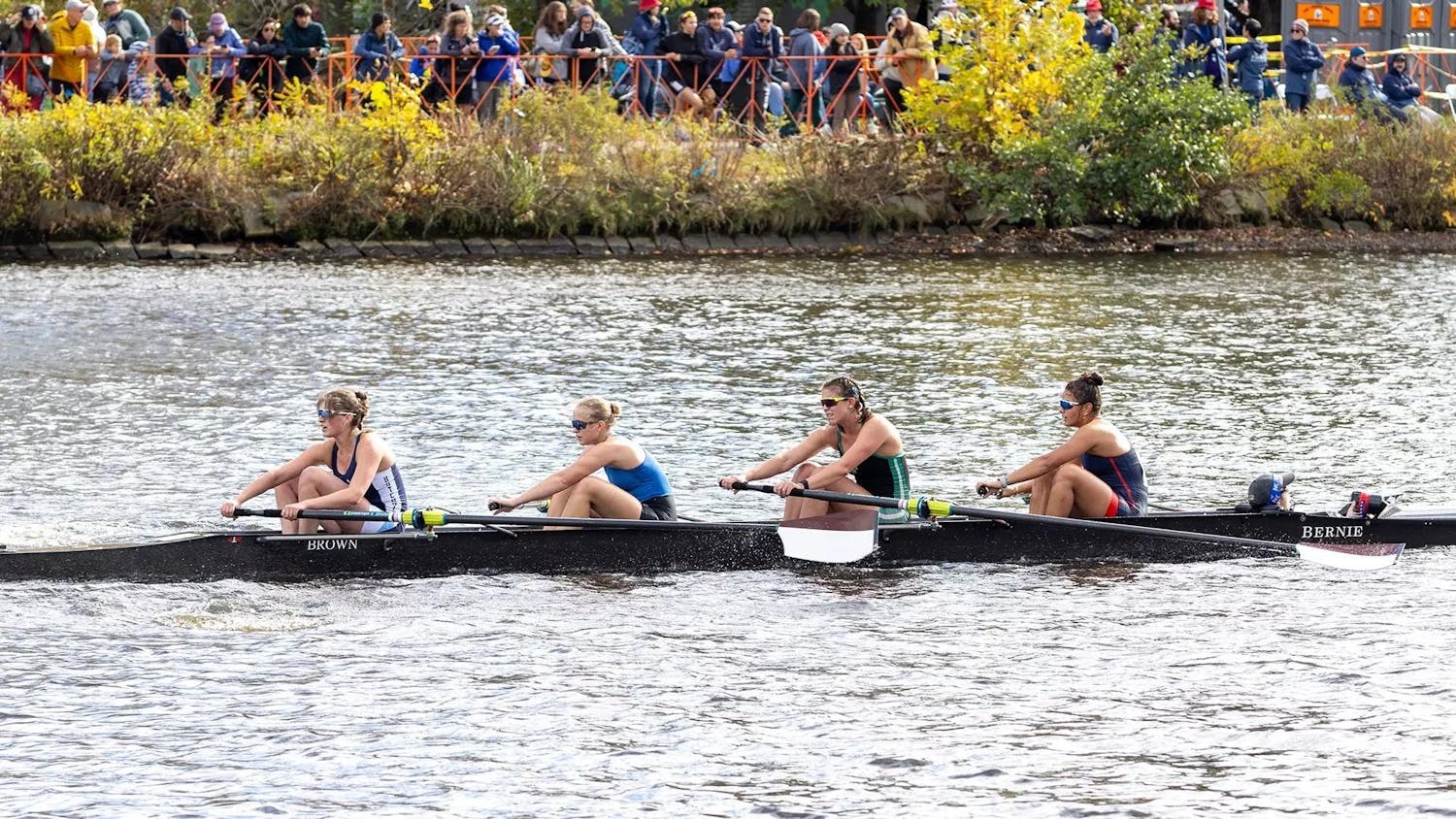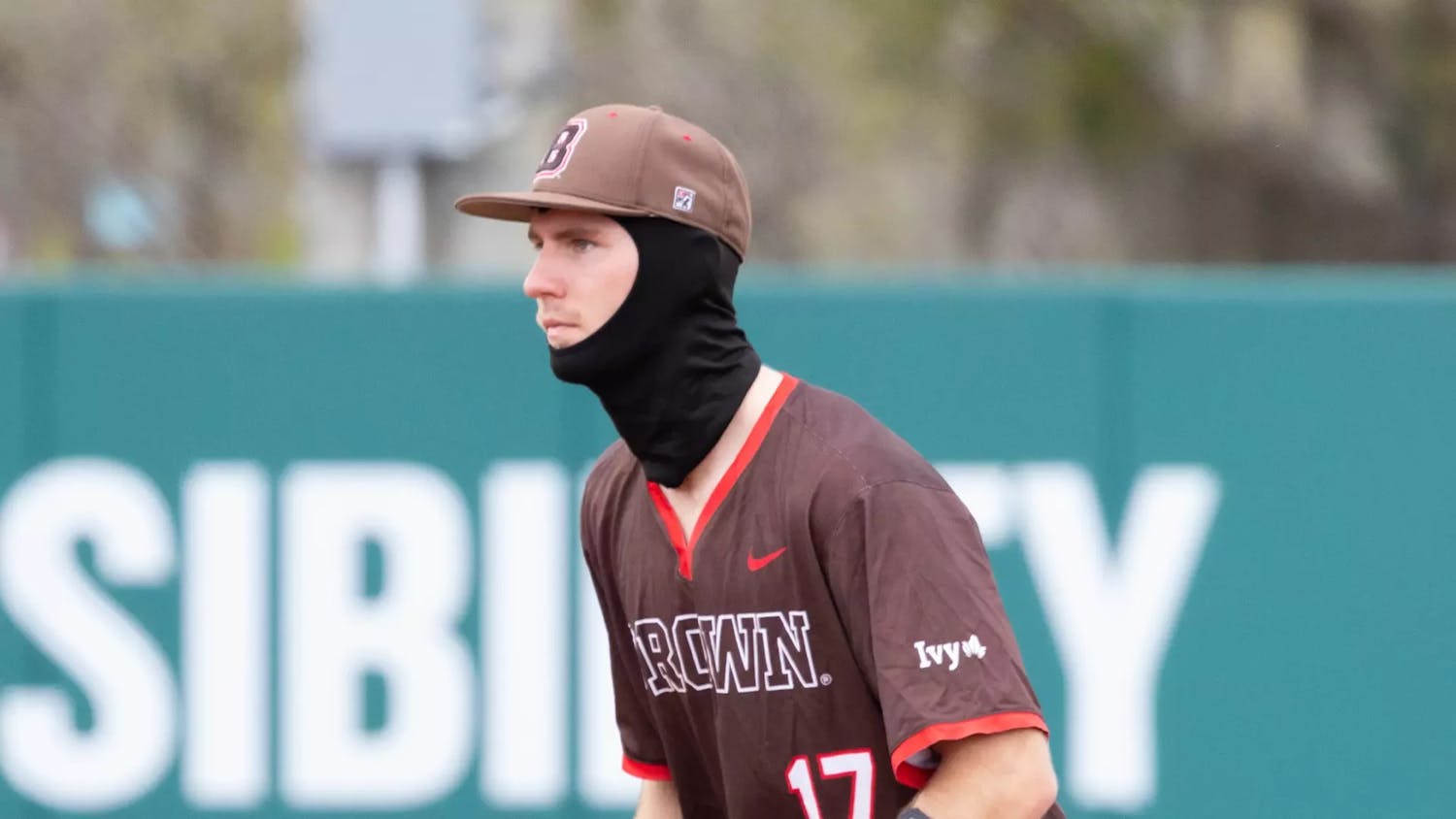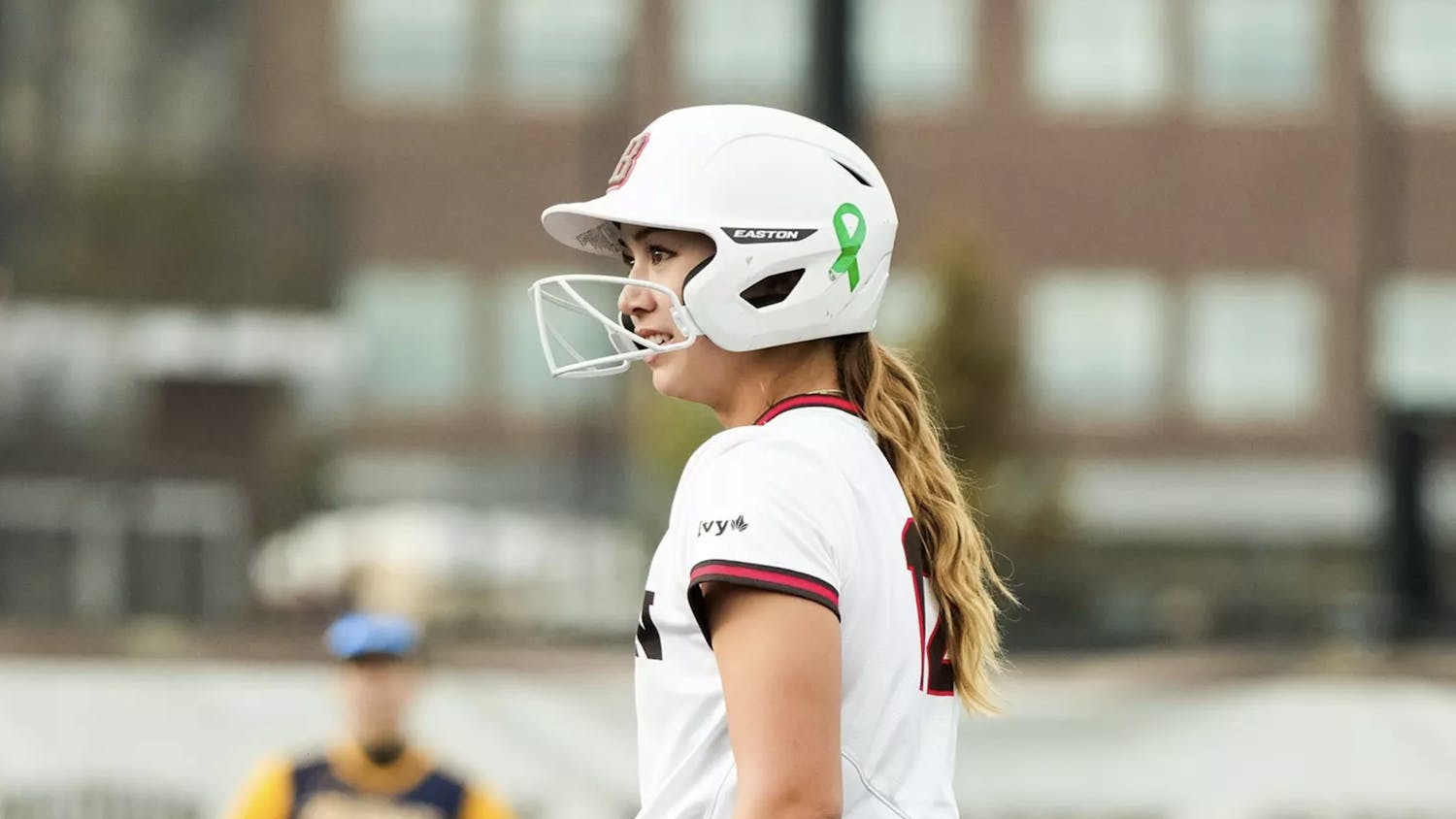When Marques Coleman '12 committed to playing basketball at Brown during his senior year in high school, he pictured himself playing on the Pizzitola Center court, not coaching from its sidelines. But three years and two torn knee ligaments later, Coleman, who was a player on the men's basketball team last season, is now an undergraduate student-assistant coach, a position rarely held in college athletics.
During his senior year of high school, Coleman was recruited by several West Coast universities, along with three Ivies, including Brown. But severe injuries derailed his path towards becoming a Division I athlete. He tore his left anterior cruciate ligament and lost all but the one scholarship offer from Seattle University. Coleman eventually decided to attend Brown — which, in agreement with Ivy League regulations, had not offered an athletic scholarship. Coleman underwent a nine-month recovery process through the remainder of his senior year and the summer afterwards, hoping he would be ready to sprint up and down the court at Brown.
"I had a physical therapist that I went to probably three times a week and I would be training close to twice a day, trying to get my knee back to its normal capacity," Coleman said. "It takes five months before you're supposed to be able to run, but I think I was running at three-and-a-half months."
Only two weeks before his freshman year began, Coleman tore his other ACL. He underwent a second knee surgery the week before moving into his dorm. He began rehab again in Providence but missed his entire freshman season.
Coleman finally made his debut for the Bears when he entered a game off the bench during his sophomore year. But the old injuries still crippled his play.
"I was in constant pain," Coleman said. "My knees on and off the court during the season were just always hurting."
He had to have a physical trainer use a machine to give him electric muscle stimulation, a process that forces muscle contraction through electrical impulses.
Coleman said the pain affected his play on the court and said he "was scared to ... do a few things."
"I always knew that after my surgery I was at a high risk of getting injured again," he said. "If you tear your ACL in the same knee more than once, the chances of the surgery being successful again is very small. I knew that, and in the back of my head, I was always a little conscious of that."
After speaking with his parents and surgeon, Coleman finally decided to end the pain and stop playing.
"The main issue is if I'm going to be ... able to walk when I'm 50 years old," Coleman said. "So I had to weigh playing a few years of basketball or being able to eventually maybe run after my kids. But I still wanted to stay on the team."
In April of his sophomore year, Coleman met with Head Coach Jesse Agel to discuss his future.
"When he told me that he was unable to physically play, I said, ‘Listen, I'd love for you to stay around the program if you have interest,' " recalled Agel. "He was excited to do that."
Agel said the decision to make Coleman an assistant coach was easy because of Coleman's character.
"He's well-respected by his teammates, and he has a great work ethic and has a great disposition," Agel said. "And that combination of maturity, disposition, work ethic is somebody that you want to have around your guys."
"He's perfect in terms of motivating and caring and he takes every job, no matter how little," Agel added. "He gets things done."
As a student-assistant, Coleman is in charge of the film exchange, the process of giving other schools' coaches film of certain games and getting film of their teams in turn. Because of his injuries, Coleman is not permitted to do any on-court activity — he attends practice but can only observe.
His teammates said Coleman still plays an important role on the team.
"I think he's been a great ... conduit between the coaches and the players because he brings a different perspective," said co-captain Adrian Williams '11. "He's our age…and can definitely relate to the players. He's one of our friends but he's also one of our coaches."
Co-captain Peter Sullivan '11 agreed.
"He was right there with us ... for a couple of years," Sullivan said. "He knows what it takes. ... I think that it's good when he speaks up. I think that everyone listens to him and responds well."
Coleman is also drawing high praise from his new boss, who can relate to Coleman's position. Agel was once a student-assistant himself, albeit as a graduate student.
"I have been very lucky to have been surrounded by great people who are great assistants," Agel said. "Marques has done nothing but add to my staff in a very positive manner."
Coleman's unique coaching position has also been gaining notice outside of the Brown basketball community. Credit Suisse Group, the international financial services company, recently offered Coleman — a Commerce, Organizations and Entrepreneurship concentrator — a nine-week summer internship in New York, partly because of his role on the team.
The transition from player to coach has also left Coleman with more free time, which he has spent writing articles for golocalprov.com, a local news website, and working for Brown television.
Though Coleman acknowledged that it is difficult to have his playing days cut short, he said he is happy still to be a part of the team.
"I'd ideally love to be out there with the guys, being a member of the team, and I can't," Coleman said. "That part of it is a little upsetting. But, on the other hand...I've been with those guys since my first day on campus, and the fact that I can still be around them a lot is good. And the fact that I can still be around the game, which I love and will always love, is definitely a good thing as well."
—With additional reporting by Tony Bakshi




